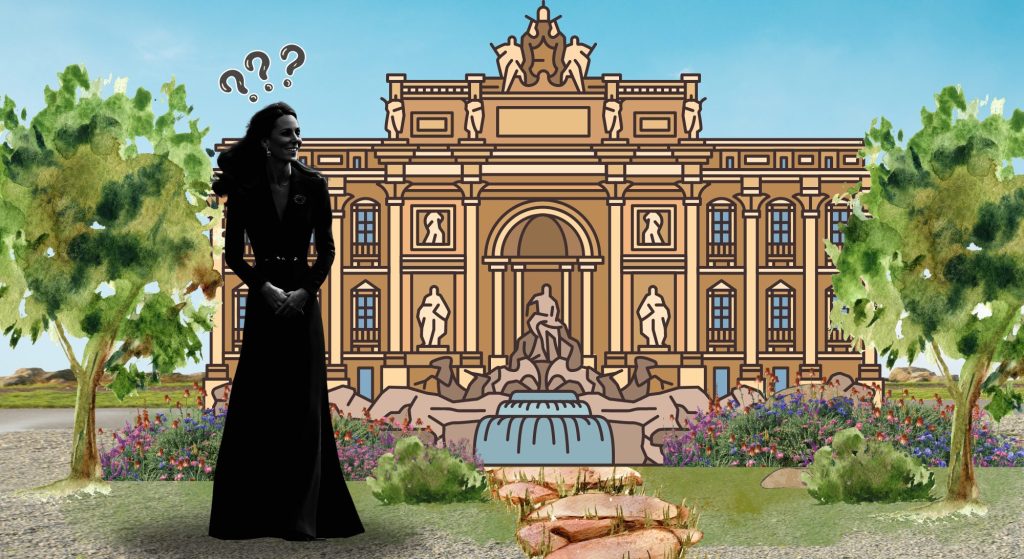If you’ve spent enough time on social media, you have probably encountered a Swiftie or the Barbz, the fan groups of Taylor Swift and Nicki Minaj. These fans bond over their shared love of musical artists, which is a fun and exciting part of our culture.
But there is a dark underside to fan culture that often goes unaddressed by celebrities and fans alike. Fandom culture on social media is a breeding ground for hostility and hatred.
While there is nothing inherently wrong with supporting your favorite celebrities and their careers, innocent admiration can quickly lead to outright glorification. It can be addicting – even obsessive – and can have massive repercussions when taken to the extreme.
Experts call them parasocial relationships. These are formed when a superfan becomes emotionally attached to a celebrity, devoting time and energy into a relationship in which that celebrity is completely unaware of their existence. With the help of social media, parasocial relationships grow more and more common each day.
These relationships contribute to an unhealthy view of reality and take away from one’s ability to form genuine, meaningful relationships with people whom we can actually count on. This is concerning because we should spend our time connecting with people who will connect with us back.
But parasocial relationships are one of the more extreme downsides of stan culture. A much more common and destructive facet of stan culture is the hostile environment it often culminates in.
The unfortunate reality of stan culture is often full of harassment and cyberbullying. Superfans post hate messages online, ruthlessly attack those they disagree with and judge others based on their likes and dislikes.
A prime example of this behavior occurred after reporter Chris Panella wrote an article for Insider about Taylor Swift’s Eras Tour that fans found critical. Panella describes being met with an overwhelming amount of hate, from being called anti-gay slurs to having his personal information doxxed. Many even accused him of being a pedophile and tried to get him fired.
Obviously, none of it was true. But the message was clear: have the wrong opinion, and we’ll make sure you pay for it. Superfans spread hate online and call it “loyalty,” when really, it’s just flat-out bullying.
A huge portion of this issue stems from our inability to distinguish a person’s likes and dislikes from their character. Not only does this lead to the creation of false stereotypes, but it promotes a “with us or against us” mentality.
In my own life, the most frequent example of this is when I tell someone I don’t listen to Taylor Swift. Most of the time, I am met with complete and utter disgust. They assume that I hate her, or that I just want to be “quirky” and “different.”
But really, it’s just that I don’t listen to much pop music. I have never thought of Swift as a bad artist – her style just isn’t my style. Yet people make those stereotypical assumptions as a result of their inability to separate my character from my personal preferences.
That same stereotyping also contributes to an environment full of gatekeeping, where “true fans” are the ones who meet certain criteria. Telling someone I don’t listen to Swift makes me a hater, but saying my favorite song of hers is “Shake It Off” would make me “not a real fan.”
This behavior discourages others from enjoying a celebrity’s work. Nobody wants to listen to an artist if all of their fans are constantly competing to be better than each other. The worst question to receive after saying you like a musician is, “Oh yeah? Name three of their songs.”
Stan culture can be incredibly dangerous. It’s an environment full of toxicity and competition that can quickly lead to destructive glorification. Not only is it a dangerous game for fans, but it creates a horrible atmosphere for celebrities to live in. People would constantly have their eyes on you, either glorifying you or waiting to pounce on you in the moment that you slip up.
Superfans set unrealistic expectations for celebrities to meet and set them against each other when they make mistakes. How would you feel if every move you made was obsessed over by the media?
At the end of the day, celebrities are just as human as the rest of us. We need to hold them to the same standards we would anyone else without resorting to the extremes: glorifying or villainizing them and arguing with anyone who disagrees.
Pop culture should be a fun and enjoyable part of our society. When we use fanbases as tools for spreading hate online and excluding others through negative stereotyping, we’re sucking the joy out of why celebrities work in the first place – entertainment.
We need to work harder to recognize our implicit biases and try to avoid stereotyping based on superficial things, like who a person’s favorite artist is. The bottom line is that a person’s likes and dislikes are not indicative of who they are.
Build relationships with real people, and use pop culture as a way to connect with others instead of tearing them down. That’s what being a “real fan” is all about.




